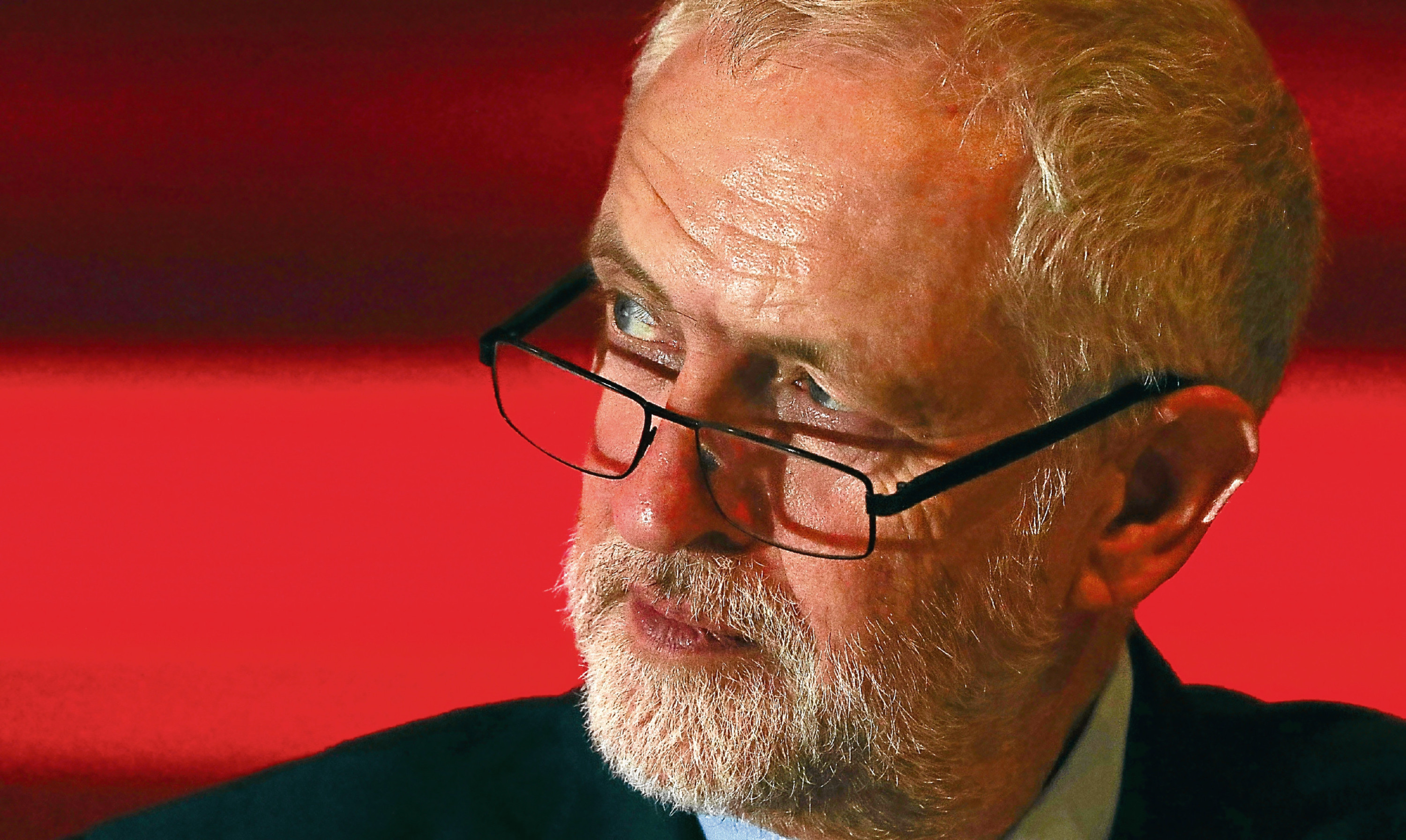The reelection of Jeremy Corbyn as Labour leader this weekend has confirmed at least one certainty: the party is now, categorically, unelectable.
For the far left and those excited by them, who follow Corbyn, this hardly seems to matter; fantasising about a socialist utopia is more important to them than achieving change through the normal democratic channels.
However, for everyone else, Labour’s demise is meaningful. Moderate Labour MPs can expect to be purged by the victorious Corbynistas or lose their seats as ordinary voters desert the party.
Labour is trailing the Conservatives nationally by 11 points, the worst poll deficit ever by the party in opposition — and that was before Saturday’s leadership contest.
The party that won three consecutive general elections under Tony Blair is finished as an electoral force for the foreseeable future, although many who voted for Corbyn have yet to grasp this fact.
Perhaps only when Theresa May calls an election and secures a Tory landslide will they realise the extent of their folly. But by then it will be too late and Britain will be back to a generation of Tory rule, last seen in the Thatcher years.
In Scotland too, there is no love for Corbyn among the silent majority and most Labour members, including Scottish leader Kezia Dugdale, preferred his more reasonable rival, Owen Smith.
But here, the far left have already found a home in the SNP and so the party had already split, albeit informally, before the Corbyn phenomenon. The consequences could serve as an omen for the party nationwide.
In the last Scottish election in May, Labour came third and it hasn’t exactly mounted a comeback since then, with opinion polls in Scotland putting support for the party at just 15%.
Nationalists see the latest blow to Labour as an opportunity (all parties do, except Labour). They have been quick to offer remedies, the most blatant being that Dugdale should back independence.
Although she knows and they know that this won’t reverse the mass defections of the 2014 referendum, it would put the final nail in Scottish Labour’s coffin.
With the separatist sympathisers mostly gone, it is those loyal Labour people who have stuck by the party because of its staunch Unionism who will be the casualties of such a U-turn.
Their only alternative will be to join the Lib Dems – also largely unelectable – or take up the recent invitation of the Scottish Tory leader Ruth Davidson.
Writing in a Sunday newspaper, she promised to speak up for “decent, moderate Scottish voters who once looked to Labour for leadership but who no longer recognise the party they once knew”.
These people, the very same who supported Blair and Brown, may have never voted Conservative before but they can’t identify with Corbyn and have not been tempted by the wilder claims of the Nationalists.
If their own party does not reflect their views any more, they will be welcomed into the modern Scottish Tory party which, Davidson insists, will promote their interests.
You can’t blame her – or any politician – for trying to capitalise on an opponent’s distress but her appeal has a good chance of success.
Moderate Scottish voters are no different from their English counterparts. Their concerns are pragmatic ones – jobs, houses, health, schools, that kind of thing.
They can see the effects of a left-wing government with an unobtainable obsession. To them, the SNP, with its single issue focus, is no better than the student politics of Corbyn’s dogmatic Labour Party.
Disillusioned Labour voters here may have noticed that Scotland’s economy is lagging behind the UK’s and growth has dropped to zero, businesses are jittery and the property market slow.
A government that has been in power for more than nine years has done little to improve their prospects, despite its leftist agenda and the future is fraught with further instability.
And there have been no reassurances from their own leader that their opinions will be respected and their values safeguarded, whatever happens nationally.
The party doesn’t know which way to turn next, thanks to a mostly inexperienced regime that appears increasingly out of its depth.
There are no heirs to that cadre of Scottish Labour stalwarts who dominated British politics in Westminster. Even Holyrood’s first Labour team of 1999 is starting to look heavyweight in hindsight beside today’s lot.
Given the choice between what’s left of their party and the radical option of the secessionists, Scotland’s Labour traditionalists may well think Davidson represents the least scary option.
She will, she said, provide them with a “positive, realistic and progressive alternative”, the key word, surely, being “realistic”.
All voters, not just Labour ones, in Scotland must wonder whatever happened to realism in politics. If Davidson can bring that back she might win over defectors from several other lost causes, as well as the Labour Party.
